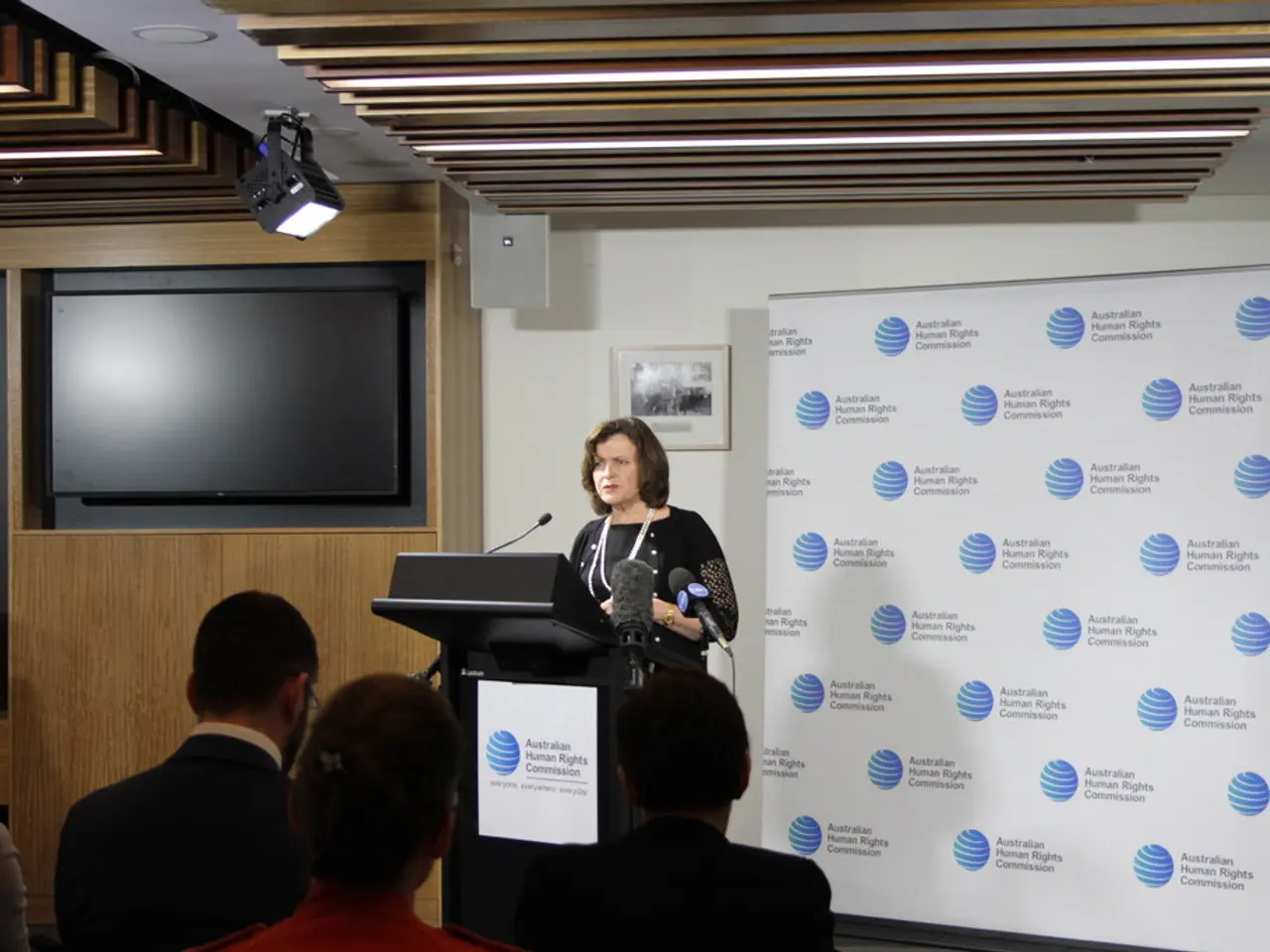Israel unveils scheme for Gaza City annexation
Israel has announced a cabinet-approved plan to take control of Gaza City, marking a significant shift in its approach to the ongoing conflict with Hamas. The proposed operation aims to disarm Hamas, secure hostages, and establish security control over the city, with the long-term goal of replacing Hamas's control with an Arab-governed civil authority.
Key elements of this plan include a ground offensive and evacuation of Palestinian civilians from combat zones, followed by the takeover of Gaza City. Prime Minister Netanyahu has stated that the ultimate goal is to take control of the entire Gaza Strip, but the operation will begin with the city. Netanyahu has also indicated that Israel does not intend to govern Gaza permanently, but rather transfer authority to Arab forces, although the details of this arrangement remain unclear.
The Israeli military claims it will provide humanitarian aid to civilians outside the combat zones during the offensive. However, the UN and other rights groups warn that a full military takeover will escalate humanitarian suffering, cause massive forced displacement, and lead to more deaths and destruction.
Criticism and risks highlighted include potential violations of international law, referencing the International Court of Justice's ruling that Israel must end its occupation and support a two-State solution. Experts and IDF officials caution that urban warfare in Gaza City will be costly in lives and resources for Israeli troops and further stretch Israel’s military and economy. Protests within Israel are growing, calling for an end to the war.
Some of the most forceful opposition to the Israeli cabinet's decision comes from former senior military officials and directors of Israel's security establishment. Former peace negotiator Menachem Klein fears the war with Hamas will grind on and potentially fracture Israel, while others believe that the Israeli army cannot win over a guerrilla force in its own territory.
The political opposition leader Yair Lapid has called the cabinet decision a "disaster" and leading Israel into a futile occupation. As the plan moves forward, the international community and Israeli public will closely watch the developments in Gaza City, hoping for a peaceful resolution to the conflict.
Meanwhile, the people of Gaza, including those in Gaza City, are in danger due to potential Israeli operations. According to the Gaza Health Ministry, more than 61,000 Palestinians have been killed, and a third of the deaths are children. About 90% of land in Gaza has already been conquered by Israel or is in zones off-limits to Palestinians. Mahmoud Abdel Salam Ahmed, a resident of Gaza City, is preparing to flee again due to the escalation of the war.
As the situation in Gaza City continues to unfold, the Israeli government faces mounting pressure to ensure the safety and well-being of both its own troops and the civilian population of Gaza. The planned outcome of this operation is to stabilize the area and eventually hand over governance to Arab forces, but the road to achieving this goal is fraught with challenges and risks.
The Israeli government is planning to provide humanitarian aid to civilians as they evacuate from combat zones in Gaza City, but the United Nations and rights groups worry that the proposed operation might escalate humanitarian suffering and lead to more deaths and destruction.
The political opposition leader Yair Lapid has compared the cabinet's decision to take control of Gaza City to a futile occupation, and former military officials fear that the war with Hamas could potentially fracture Israel. As the situation in Gaza City unfolds, the Israeli government faces mounting pressure to ensure the safety and well-being of both its own troops and the civilian population of Gaza.







